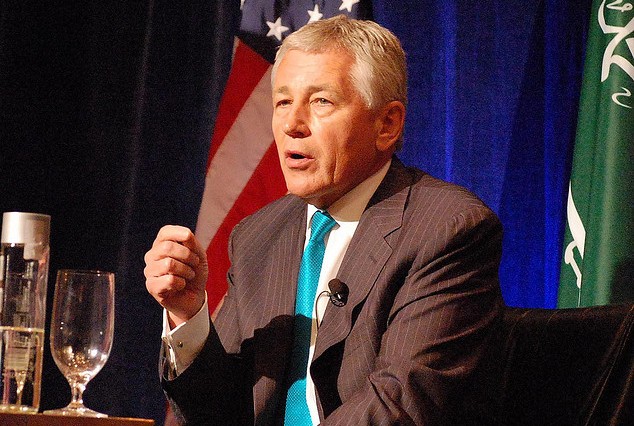Matthew M. Reed, a research intern at the New America Foundation/American Strategy Program, has published an excellent summary of the limited threat posed by Iran’s “oil weapon,” armies, proxies and alleged nuclear weapons program.
Reed, in his blog post on Steve Clemons’ The Washington Note, concludes that: the Iranian government would do more damage to their own source of revenue than to western importers if they limited output to punish Western economies; the Iranian Revolutionary Guard Corps have little ability to project power beyond their border; Tehran possesses no “on-off” switch for Hezbollah (despite what Lee Smith might argue); Tehran could harass commercial shipping in the Persian Gulf but this would impact Iranian oil revenues; and the Islamic Republic will not develop a sizable nuclear arsenal anytime soon and will be susceptible to anti-missile systems.
Reed writes:
Every tool at Iran’s disposal comes with serious limitations: the “oil weapon” is self-defeating; Iran’s conventional military is too modest; any asymmetric attacks would be small-scale or prompt massive retaliation; and nuclear intimidation is evaporating with the deployment of new anti-missile systems. Iran’s leaders might still make rhetorical threats, but their tools are too weak if they wish to convert verbal attacks into physical ones.



Couple of points:
a) Though Reed prefers to label it as a faulty toolbox, Iran’s studious avoidance of ‘force projection’ military capabilities has a fairly obvious rational:
1) For an economy the size of Iran’s, such an arms build up would be unsustainable.
2) An Iranian arms build up would lead to counter measures by other states, and or coutered by creating alliances among Iran’s foes. Again, triggering an arms race and/or rebalance of power is detrimental to Iran’s security in the long run.
Therefore, to argue that a toolbox that was never designed (or funded) for offense is a faulty offensive tool is to wollow in the bleeding obvious.
b) Only viewed from the perespective of Iran initiating a war does Reed’s arguments hold water.
However, Iran responding to an attack is a whole different matter.
Iran is likely to view even a limited attack as a thin end of an existential wedge. Her response would likely be all out, regardless of costs.
In that scenario Iran’s loss of oil income can only be measured against the global economic impact of an oil shock.
Similarly, ‘massive retaliation’ sounds formidable only in a limited time horizon. Over an extended period of war, however, the ‘massive retaliators’ have historically exhausted themselves morally and financially, while still having to deal with endless small scale reprisals.
c) Regarding the anti-missile defense systems, can we now hope that no one will have an excuse for not getting rid of their nuclear weapons?